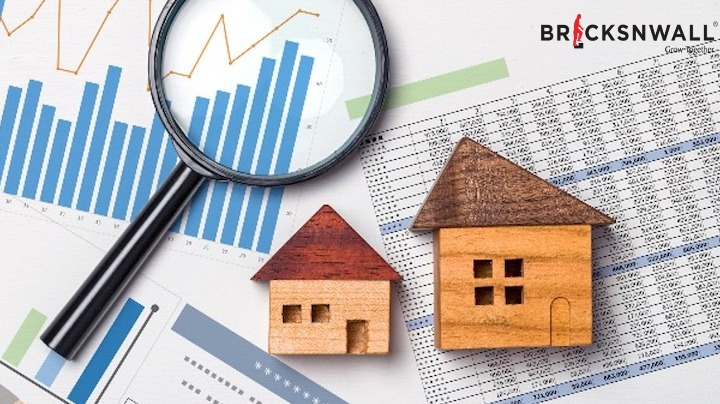Real Estate Cycle: Understanding the Four Phases
Koheli

Introduction
The real estate cycle is a four-part series that provides information on the state of commercial and residential real estate markets to keep the cost of buying and selling real estate as low as possible while keeping the highest quality of service and to provide up-to-date information, expert analysis, and sound real estate advice.
The term dates back nearly a century when analysts first began studying housing market trends. Over the last century, as federal policy became more regulatory, the real estate cycle evolved slowly into what we have today.
Real estate professionals can use this cycle to forecast the best time to buy, hold, or sell. Investors commonly use the real estate cycle, but agents, buyers, renters, and others in the industry may find it useful as well.
The real estate cycle can also provide accurate data about an investment property's potential returns. As an investor, you should determine whether your property is in the real estate cycle's recovery, expansion, hyper-supply, or slowdown phase. This will allow you to make a more exact expectation about how long the property must be held and the best exit strategy. Furthermore, the real estate cycle can forecast an investment property's income and appreciation performance. This will help you decide when to invest in capital improvements.
Global crises, population disparities, interest rates, and overall financial strength impact real estate cycles. Knowing the real estate cycle provides advantages such as knowing when to invest and how to calculate the exact potential profit margin.
The real estate cycle is divided into four stages: recovery, expansion, hyper-supply, and recession. This implies that there has never been a continuous development or ultra-period without a subsequent recession and recovery. This may cause you some concern as a property investment, but don't worry! The good news is that investment products enable successful investing across these cycles.
1. Recovery
Recognizing the recovery process of the cycle can be difficult because the majority of the country will still suffer from the effects of the recession and have a grim outlook. With no signs of new construction, rental growth will remain stagnant. This is where property owners must keep a close eye and act quickly if signs of recovery appear. This is an excellent time to buy below-market-value properties in various states of financial or physical anxiety. You can extend the recovery period by increasing the value of these properties so that they are ready to sell or rent outright when the economy enters the expansion phase. The most important factor is timing and attentiveness.
2. Expansion
The overall economy is growing, growth is strong, and demand for space and housing is increasing. During the expansion phase, the general public or commoner will begin to regain confidence in the economy. As a result, the real estate market and individual renters and homeowners will begin to generate demand once more. While the market is on the rise, it's a good time to invest in developing or redeveloping properties that cater to current market tastes and sell for more than market value.
3. Hyper Supply
During the expansion phase, investors, agents and developers go into a frenzy to ensure supply keeps up with rising demand. Inevitably, there will come the point when supply begins to exceed demand, either due to an excess of inventory on the market or to a sudden shift in the economy that causes demand to fall. Property owners frequently liquidate their inventory to avoid vacant or unsold properties. This is an excellent time to take an opportunistic approach and identify properties that you believe will perform well in the next real estate cycle.
4. Recession
The early-2000s financial crisis, followed by a prolonged recession, left the country reeling for years. During the recession, supply far outnumbers demand, and property owners face high vacancy rates. Furthermore, rent growth is absent, and some landlords are being forced to offer lower rental rates to attract renters suffering from the economic downturn. As an investor, it's a good idea to set aside money for the next recession - now is not the time to mope about the state of the economy. A recession provides an excellent opportunity to purchase distressed properties at a significant discount.
Conclusion
Long-term success in commercial and residential property investing, particularly apartment building, usually requires a thorough understanding of the four-stage real estate cycle. Based on history, you will always win if you play the long game in real estate. Whether actively or passively, purchasing cash-flowing assets such as multifamily properties are critical to your overall real estateinvesting strategy. Economic factors, such as rate of interest, population changes, and state policy, influence the cycle's phases. We are most likely in a period of expansion.




